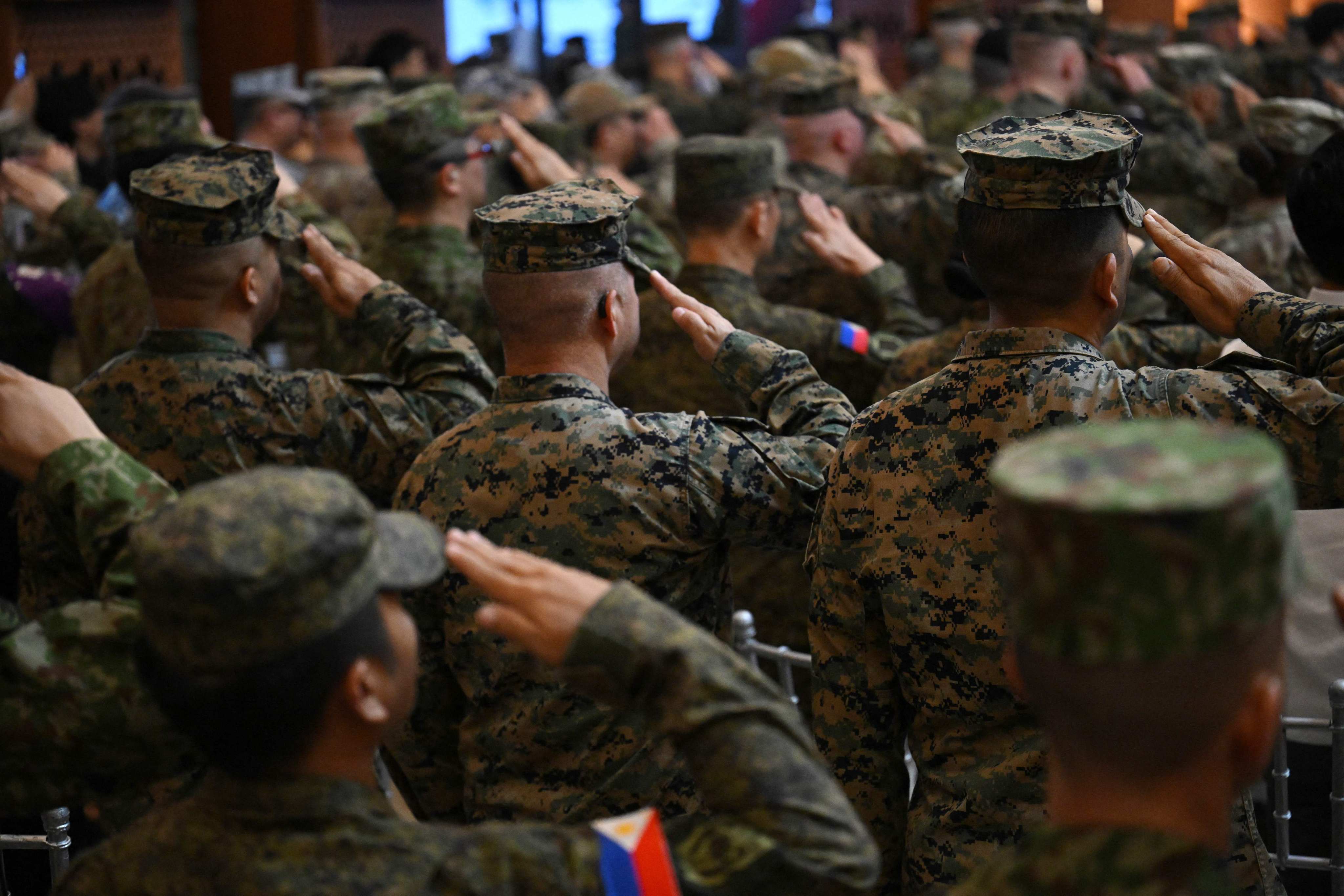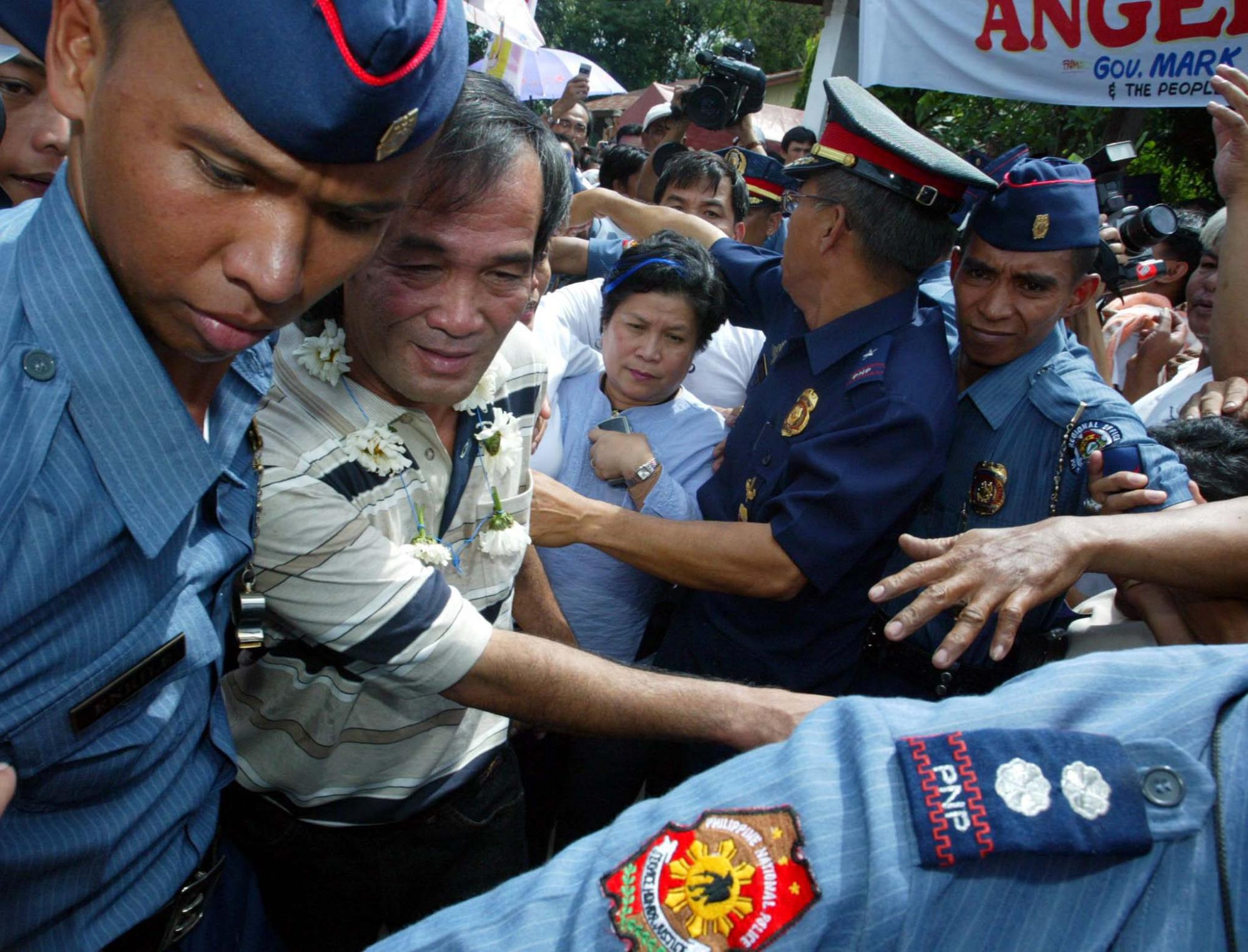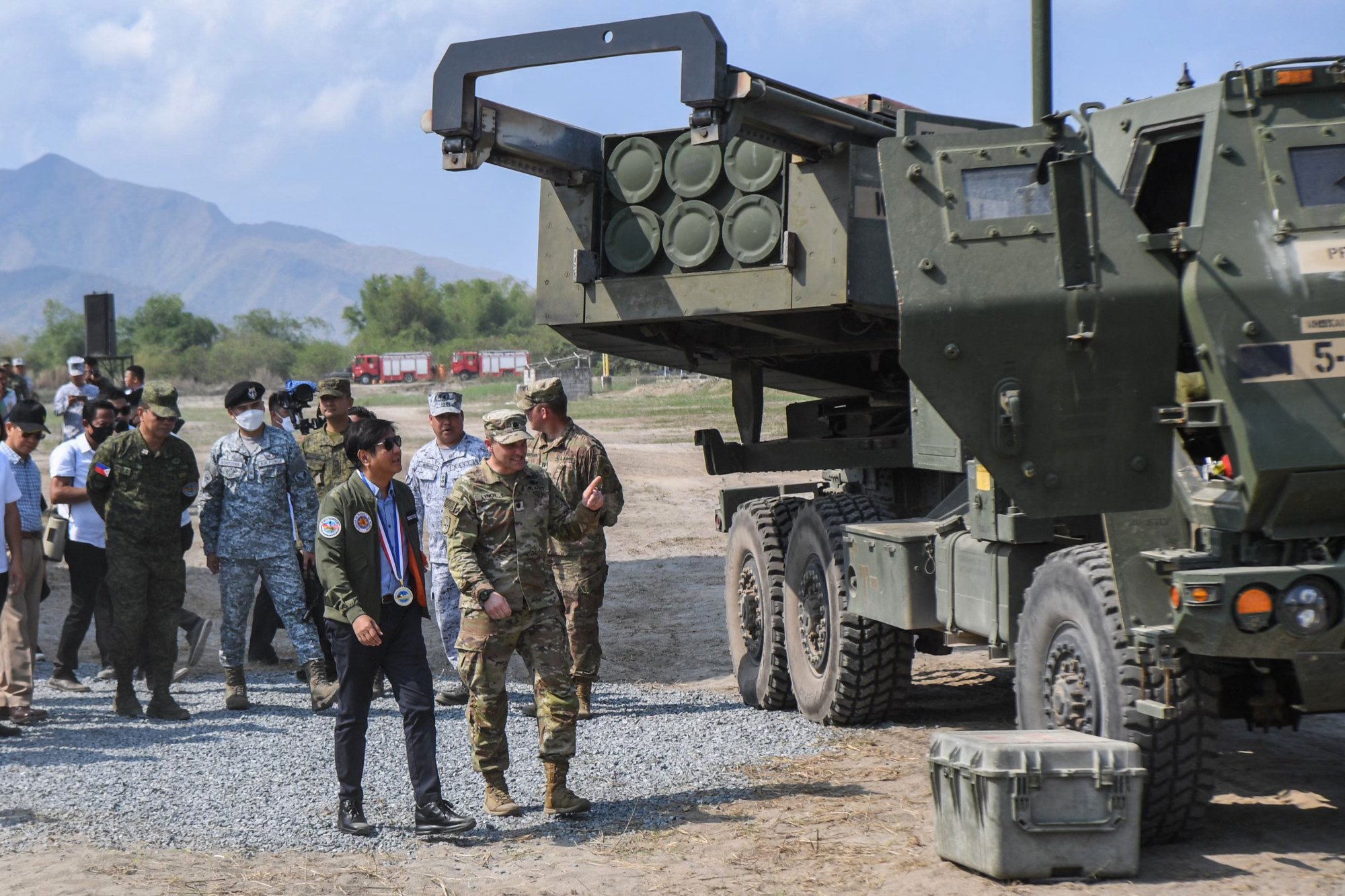Will Philippines help US in another Middle East conflict?
With the US embroiled in the Israel-Iran war, there is speculation over whether Manila would help Washington, like it did in the Iraq War

As President Donald Trump deepens the US military’s involvement in the Middle East, questions are resurfacing over whether the Philippines could again play a logistical role to support Washington, as it did during the Iraq War more than two decades ago.
The issue came up at a press briefing conducted by the Philippine military on Tuesday, where officials were asked if facilities designated under the Enhanced Defence Cooperation Agreement (EDCA) could be used to support US operations against Iran.
Following multiple attacks from Israel and Iran against each other earlier this month, the US joined its Israeli ally by attacking three nuclear facilities in Iran on Sunday. In retaliation, Iran launched multiple missiles targeting US forces at an air base in Qatar on Monday.
EDCA, along with the Mutual Logistics Support Agreement, grants US forces rotational access to select Philippine military bases, where they preposition fuel, ammunition and other equipment. These arrangements operate alongside the 1951 Mutual Defence Treaty (MDT), which commits both countries to act in the event of an armed attack on either party in the Pacific.
Colonel Francel Margareth Padilla, spokeswoman for the Philippine military, declined to confirm whether those facilities could be used in the current conflict, saying only: “We do not want to hone in on the role of the armed forces. At this point in time, we are prepared for any contingencies.”
The Philippine military’s current priority was “to make sure that our countrymen will come home safe”, she added.
In November 2001, two months after the 9/11 attacks, US military aircraft including F/A-18 fighter jets and C-130 transport planes stopped to refuel at Clark Air Base in the Philippines while en route from Japan to the Middle East, according to Chinese state broadcaster CCTV.
Then-president Gloria Macapagal Arroyo announced she would “allow American warplanes and vessels to land, dock, refuel and fly over the Philippines”, according to a 2002 study by security expert Mely Caballero-Anthony, a professor of international relations at Singapore’s S. Rajaratnam School of International Studies, on Manila’s security dilemmas during the war on terror.
Arroyo’s commitment later extended to the deployment of a 98-strong Philippine contingent to Iraq in 2003, comprising doctors, engineers and soldiers as part of the “Coalition of the Willing”.
Manila pulled out its troops a year later sooner than expected after the kidnapping of Filipino truck driver Angelo de la Cruz, who was threatened with execution unless Arroyo withdrew all Philippine military personnel. Arroyo’s decision was criticised by the US and Australia.
De la Cruz, who was was kidnapped by a militant group, was eventually freed.

The Middle East is home to over a million Filipino workers, including 30,742 in Israel and 1,180 in Iran, according to the latest government statistics.
Arroyo had justified her decision to involve the Philippines in Iraq not through the MDT, but by referencing Manila’s support for the US-led war on terror as authorised by the United Nations Security Council.
Analysts said then her decision was aimed at resetting US-Philippine defence ties, which had been disrupted in 1991 when the Philippine Senate voted to end a long-standing agreement on US military bases, forcing the closure of Subic Naval Base and Clark Air Base.
Joint exercises between the two militaries resumed in the early 2000s under the code name Balikatan, in a symbolic revival of bilateral trust, according to Caballero-Anthony.
Now, some observers believe that EDCA sites could once again serve as a springboard for American operations in the Middle East.
In March, the US Marine Corps leased a 57,000-square-foot warehouse inside the former Subic Naval Base to “preposition” vehicles and communication gear, according to the US Naval Institute. A second large facility is reportedly under negotiation involving the US Department of the Navy under a 10-year lease, the institute said in a report in April.
But any Middle East operation would fall outside the scope of the MDT, according to legal experts.

Antonio Carpio, a retired senior associate justice of the Supreme Court, told This Week in Asia that the treaty could not be invoked for any Middle East-related operation or even if any part of the US territory were attacked as a consequence of Washington’s Middle East operations.
“The MDT applies only to any armed attack against the Philippines or the US in the Pacific theatre, which has been clarified to include the South China Sea,” Carpio said.
Article IV of the MDT states: “Each party recognises that an armed attack in the Pacific area on either of the parties would be dangerous to its own peace and safety and declares that it would act to meet the common dangers in accordance with its constitutional processes.”
Manuel Mogato, a Pulitzer Prize-winning journalist specialising in defence and security news, told This Week in Asia that military help extended by the Philippines to the US in any conflict would have to be approved through a vote by Philippine Congress.
Roland Simbulan, chairman of the Center for People Empowerment in Governance (CenPEG) think tank in Manila, said US offensive operations against other countries involving support facilities and activities of the Philippines would not be covered by any agreement, including the MDT.
Simbulan warned that US EDCA bases in the Philippines could become “a de facto springboard” for US military operations, with Manila at risk of being dragged into a conflict.
“We are not obliged to help the US in the Middle East because the US made an unprovoked attack against Iran unlike in the 9/11 attacks against the US. No, we should not help the US – the aggressor in this situation against a small country, Iran. The US fired the first shot,” Simbulan said.